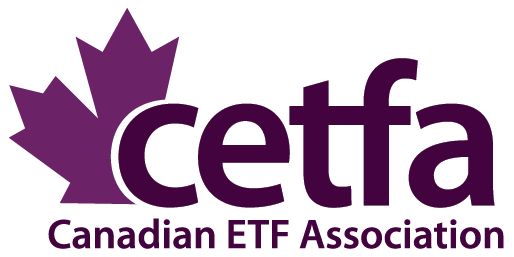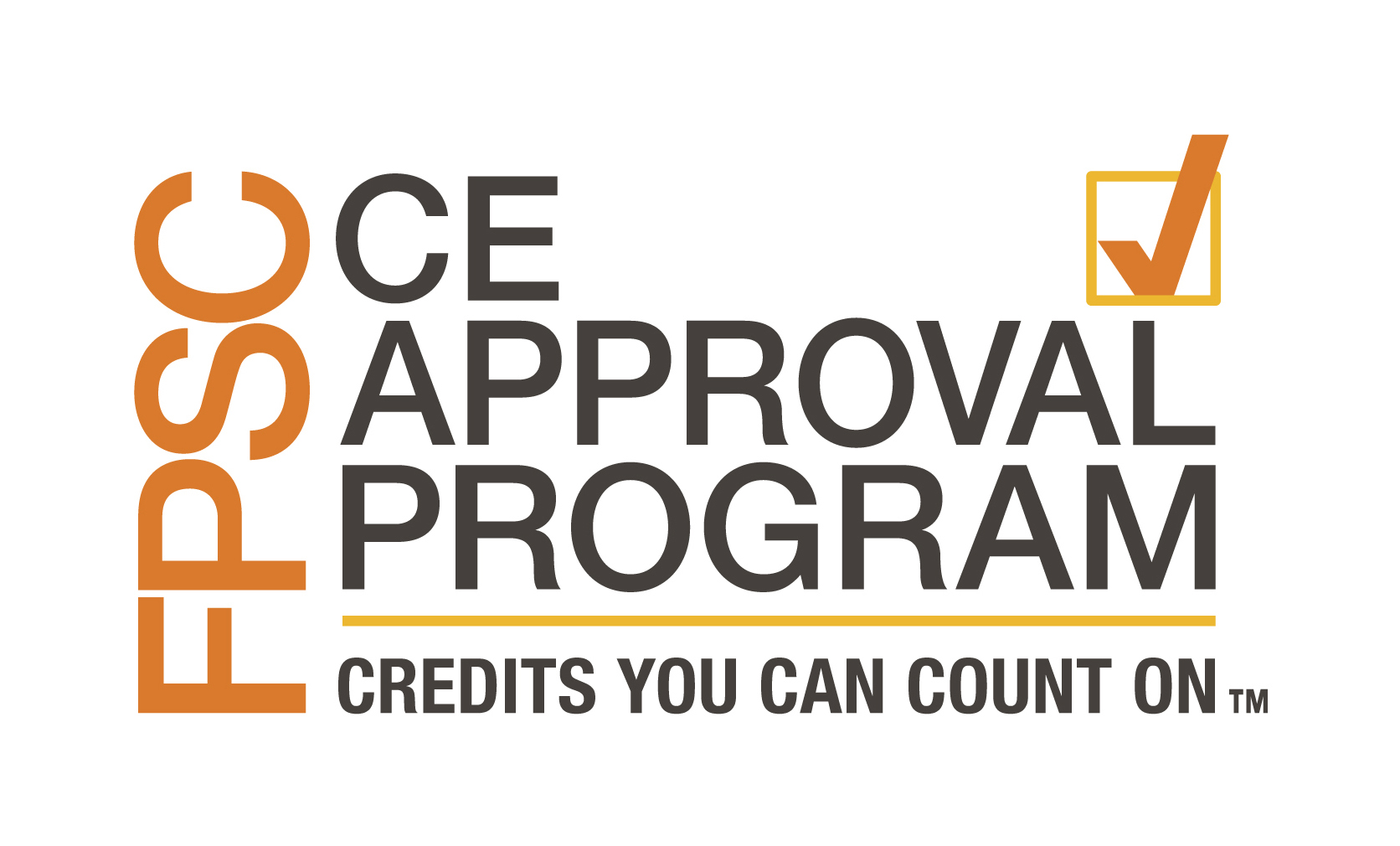AML - Look What's Coming
AML – Look What’s Coming?
Written by: Larry Boyce, President of Canchek Corporation
The Department of Finance has issued a discussion paper1]
regarding possible changes to the Proceeds of Crime (Money Laundering) and Terrorist Financing Act (PCMLTFA) and related regulations. The paper is in part a preparation for the mandatory parliamentary review of PCMLTFA required by section 72(1) to occur every five years.
As is typical, many of the proposals are based on findings in the last Financial Action Task Force mutual review of Canada, completed in 2015 with the final report2]
published in September 2016. The paper also notes the conclusions of the National Inherent Risk Assessment3]
completed in 2015. However, from past experience the Federal Government feels the pressure of adverse findings in the mutual evaluation reports, so any proposed changes to remedy deficiency findings are more likely to be implemented.
This is a quick summary of the proposals affecting reporting entities:
2. Application of AML requirements to the legal profession. The application of the current rules to lawyers was ruled unconstitutional by the Supreme Court in 2015, basically deciding that they would violate legal privileges. The paper promises that the Government will continue to work with the law societies to address the issue. In other words, don’t hold your breath waiting for any action on this one either. The lawyers want to have their cake and eat it too. The simplest solution: if legal privilege is so important, just stop doing financial transactions for your clients. But I presume to our great legal Parnassus that would violate the other pillar of legal privilege, the privilege of making as much money as you can by any means necessary.
4. Clarifying the definition of domestic PEPs, for example that Reeves and Wardens are included under the definition of Mayor (which we always thought they were) and that First Nations Chiefs are also included, although the paper does not say what specific definition includes them.
5. Expanding the definition of Head of an International Organization to include non-governmental organizations like the International Olympic Committee and the Fédération Internationale de Football Association, where the real corruption is. Mind you, based on what’s happened over the past couple of years, if it’s corruption they’re worried about, they should probably include the national representatives on some of these private groups.
6. Requiring applying the PEP determination regulations to beneficial owners. Many firms already do the requirement and is probably inevitable. We suggest you start now, if nothing else just as a good risk control.
7. Expanding the businesses covered by the regulations to include operators of finance, leasing and factoring companies; non-federally-regulated mortgage lenders; pari-mutual betting and horse racing; armoured cars; dealers in high-value goods such as luxury goods, automobiles, yachts, art, antiques; and jewellery auction houses.
8. Standardizing dollar thresholds that trigger record keeping and client identification.
9. Making structuring transactions to avoid reporting requirements a criminal offence.
There is a long way to go before these proposals find their way into legislation and regulations, but the overall trend will continue – more requirements, even on current reporting entities.






Follow SUI